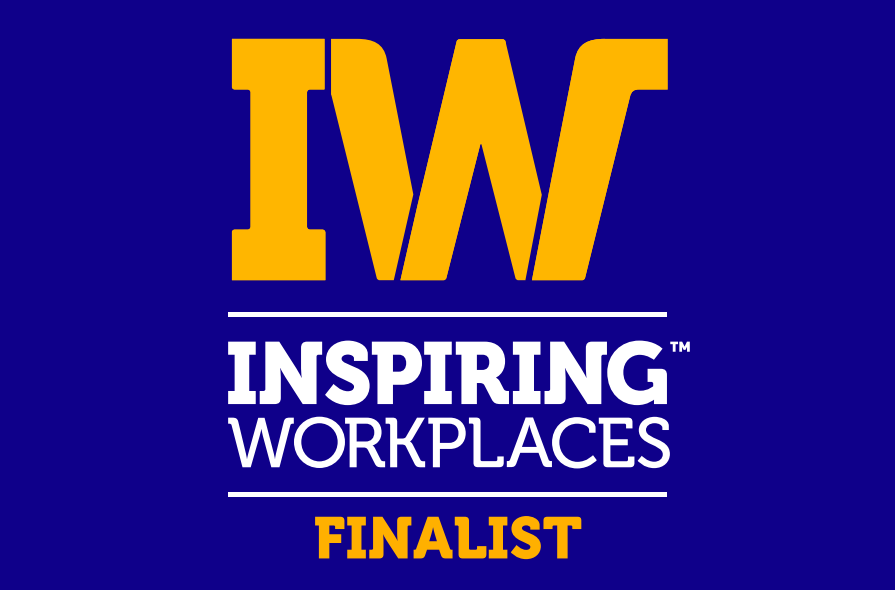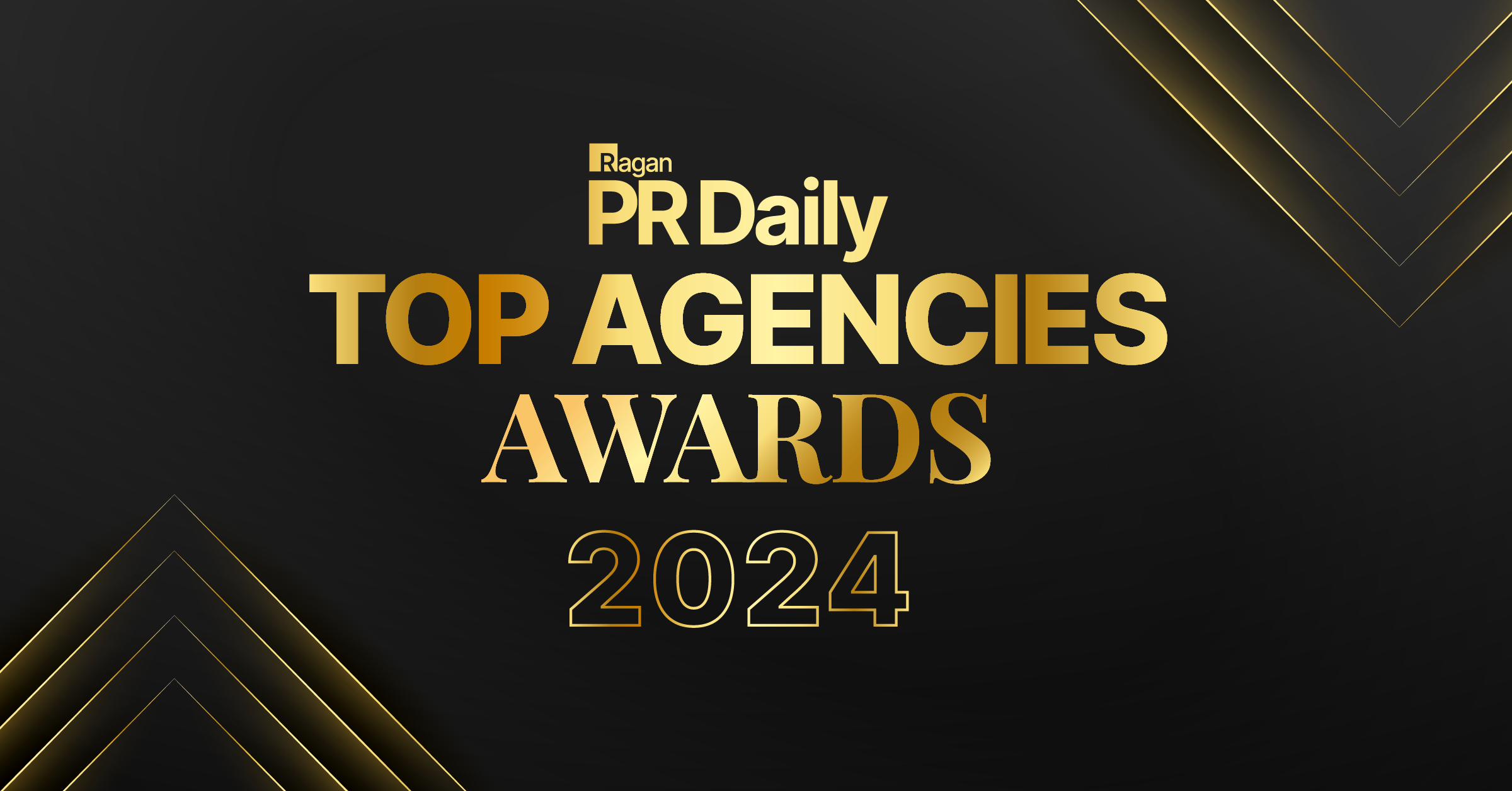How are you doing?
Better yet, how are you feeling?
Because 83% of U.S. workers suffer from work-related stress, with 76% of employees saying workplace stress impacts their mental health, and 52% of workers experiencing burnout.
So, I need to ask, are you okay?
At Airfoil, we believe everyone needs to be their best selves to do their best work, so we make the mental health and well-being of our employees a priority – one we discuss openly, honestly, and have put measures in place to protect.
For instance, a few times a year we pause our client work to specifically disengage and focus on our personal mental health. During these agency-wide mental health days, we shut down, recharge, and refocus. This is not a time to catch up on old emails, but instead a time to put work out of mind and focus on our own needs.
In order to fully disengage, we alert all of our clients and partners ahead of time that we will be out of the office for a mental health day and unavailable until the next workday.
And you know what? The response to these conversations is usually overwhelmingly positive. In fact, the typical reply is, “I wish we could do something like that!”
What truly separates organizations prioritizing mental health and well-being from those paying lip service is action – and it requires buy-in at every level of the organization.
It’s difficult to feel entirely comfortable putting your laptop or phone away when you know your manager will be texting or emailing to ask for a “quick favor.” It defeats the entire purpose of a mental health day; which is to detach from work and immerse yourself in something that re-energizes you mentally, physically, and/or emotionally – like reading, fishing, hiking, binging a new show on Netflix, gardening, taking the kids to the zoo…the list goes on!
Even the makeup of our account teams allows for more freedom and flexibility. Instead of one person being responsible for the entirety of a client’s work, making it that much more difficult to take off for vacations, sick days, or even just a family dinner, all of Airfoil’s accounts are supported by a team of communications professionals who are all deeply ingrained in the account work. Not only does this vastly improve our client services and account execution, but it allows employees to fully step away when needed with full confidence the work is still getting done.
We also offer a high degree of flexibility in when, where, and how our people work. Flexible work hours mean employees can leave early or come in late to accommodate school drop-offs or pickups, for example. Flex scheduling also means they can go to a doctor's appointment without using paid time off, and a hybrid work environment means we still get to spend time together on Tuesdays and Thursdays, while also enjoying the convenience of working from home Monday-Wednesday-Friday.
Perhaps most importantly, we don’t expect our people to be “always on.”
Sure, there will be the occasional early morning meeting, weekend TV segment, or evening client event to attend. However, most nights and weekends employees can shut down their laptops, set down their phones, and forget about having an evening panic attack, or worry about getting called into the boss’s office the following morning because they didn’t immediately respond to something at 9 o’clock at night.
Because, let’s be honest, most of the time it can wait until tomorrow.
I’ll leave you with this: while 86% of employers say mental health, stress and burnout are a priority, over half of those employers lack well-being strategies to help combat these issues.
The mental health and well-being of employees can no longer be viewed as a nice-to-have by employers, and it certainly can’t be ignored in favor of other “cool” differentiators like a fully stocked beer fridge, snack room, or bubble hockey tables in the office. Real, concerted efforts need to be made by employers to put tangible practices in place prioritizing the mental health and well-being of employees while also removing the stigma around mental health discussions.
So, I’ll ask again, how are you doing?
Looking for some great mental health resources? Check out MyStrength or Blue Cross Blue Shield Behavior Health to gain further insight on the full-scale impact of behavioral health.





